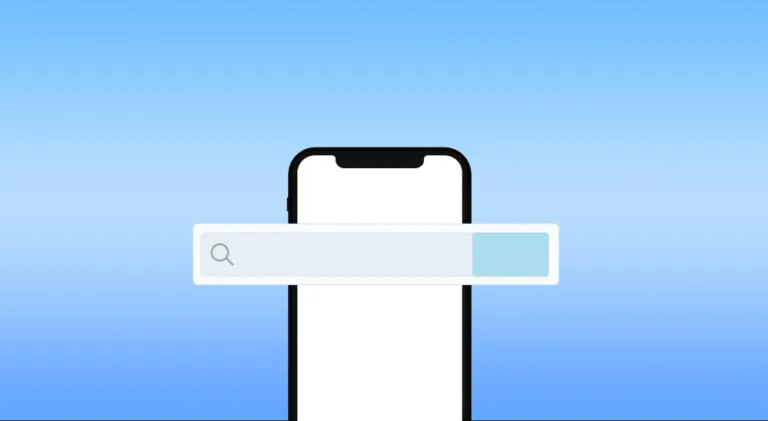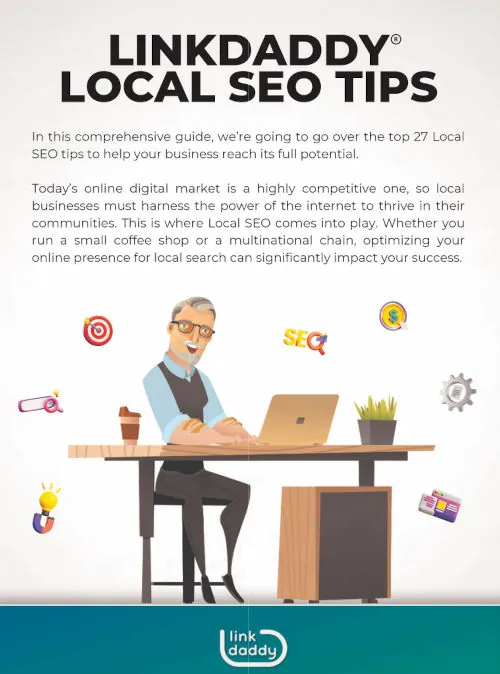
Ethical Link-Building is the process of acquiring links from other websites that lead back to your own website in a way that is deemed acceptable by search engines. This is important because a website’s ranking on search engines like Google is largely determined by the quality and quantity of links pointing to it. In the past, many companies have resorted to less-than-ethical practices, such as buying links or participating in link schemes, in order to boost their rankings. However, these tactics are now heavily penalized by search engines, and can actually harm a website’s ranking.
As a result, it’s imperative for digital marketers to prioritize ethical link-building practices. This involves creating high-quality content that naturally attracts links from other websites, reaching out to relevant websites for guest posting opportunities, and building relationships with other content creators in your industry. By focusing on these tactics, companies can build a strong, sustainable link profile that will help them rank higher in search results and increase their online visibility.
In this blog, we will dive deeper into the importance of ethical link-building and provide actionable strategies for implementing it effectively. By following these guidelines, companies can ensure that their link-building efforts are ethical, effective, and beneficial for their overall digital marketing strategy.
Understanding Ethical Link-Building in Digital Marketing
Ethical link-building involves creating high-quality content that people want to share and link back to. It also involves building relationships with other websites and bloggers in your industry and earning links through guest blogging, testimonials, and other non-spammy methods. By following ethical link-building practices, you not only avoid penalties from search engines but also establish your website as an authority in your industry and build trust with your audience.
In today’s digital age, where competition for online visibility is fierce, ethical link-building is more important than ever. It is a long-term strategy that requires patience, creativity, and hard work, but the results are worth it. By earning high-quality backlinks from reputable websites, you can improve your website’s search engine rankings, drive more traffic to your website, and ultimately increase your revenue.
Ethical link-building is a crucial component of any successful online marketing strategy. By focusing on creating valuable content, building relationships, and earning links through legitimate means, you can establish your website as a trusted authority in your industry and achieve long-term success online.
Why Ethical Link-Building is Key to Digital Marketing Success
Another important aspect of ethical link-building is that it helps establish your brand as a trustworthy and authoritative source of information in your industry. This is because high-quality links from reputable websites act as endorsements, indicating that your content is valuable and relevant to your target audience.
In addition, ethical link-building can also drive traffic to your website, which is essential for increasing brand awareness and boosting conversions. By creating valuable content that naturally attracts high-quality links, you can attract more visitors to your website and improve your overall search engine rankings.
Ethical link-building is a crucial component of any successful digital marketing strategy. By focusing on creating high-quality, relevant, and valuable content that attracts natural links, you can improve your website’s search engine rankings, establish your brand as an authority in your industry, and drive more traffic to your website. So, if you want to achieve long-term success in digital marketing, make sure to prioritize ethical link-building practices.
Strategies to Implement Ethical Link-Building

Create High-Quality Content
One of the best ways to attract organic links is by creating high-quality content that provides value to your target audience. This can include blog posts, infographics, videos, and other types of content that are informative, engaging, and shareable. By creating content that people find useful and interesting, you increase the likelihood that other websites will link to your site, which can improve your search engine rankings and drive more traffic to your site.
Example: A fitness website creates a comprehensive guide on how to lose weight naturally. The guide includes expert tips, meal plans, and exercise routines that are backed by research. The content is so valuable that other health and wellness websites have started linking to it as a resource for their own readers.
Guest Blogging
Guest blogging involves writing content for other websites in your industry or niche, in exchange for a backlink to your own site. This is a win-win for both parties, as the website owner gets high-quality content for their site while the guest blogger gets a valuable link that can improve their search engine rankings.
Example: A digital marketing agency writes a guest post for a popular marketing blog. The post provides insights into the latest marketing trends and includes a link back to the agency’s website. As a result, the agency’s website receives more traffic, and its search engine rankings improve.
Broken Link Building
Broken link building involves finding broken links on other websites and then reaching out to the website owner to suggest a replacement link (which happens to be your own website). This strategy can be effective because it provides value to the website owner by pointing out errors on their site while also providing a valuable link to your own site.
Example: A web design company uses a broken link checker to find broken links on other web design blogs. They reach out to the website owners to suggest replacement links, which happen to be pages on their own website. The website owners appreciate the helpfulness of the company and are happy to replace the broken links with the company’s suggested links.
Participate in Online Communities
Participating in online communities such as forums, social media groups, and Q&A sites can be a great way to build relationships with other people in your industry or niche. By providing value and answering questions, you can establish yourself as an authority in your field and attract links to your site.
Example: A software development company participates in a Reddit community for developers. They answer questions related to software development and share their expertise. As a result, other developers start to see the company as a trusted source of information and begin linking to their website in their own content.
The Benefits of Ethical Link-Building
Ethical link-building is a crucial aspect of any successful digital marketing strategy. It involves acquiring links from reputable and relevant websites in a manner that adheres to search engine guidelines and doesn’t resort to manipulative tactics. The benefits of ethical link-building are numerous, ranging from improved search engine rankings to long-term sustainability.
Improved Search Engine Rankings
Ethical link-building can boost your website’s search engine rankings, making it more visible to potential customers. Search engines like Google consider the number and quality of backlinks when ranking websites, so having relevant and reputable links to your site can help improve your visibility in search results.
Example: A company selling eco-friendly products creates high-quality blog posts about environmental issues and shares them on social media. As a result, several reputable websites in the sustainability niche link back to their blog posts, increasing the company’s search engine rankings for relevant keywords.
Increased Website Traffic
As your website’s search engine rankings improve, you’re likely to see an increase in organic traffic. More people will be able to find your website through search engines, resulting in higher website traffic.
Example: An online store that sells handmade jewelry participates in ethical link-building by collaborating with influencers in the fashion and lifestyle niche. These influencers share links to the store’s products on their social media and blog posts, resulting in increased traffic to the store’s website.
Brand Authority
Ethical link-building can also help establish your brand as an authority in your industry. When reputable websites link to your content, it signals to both search engines and potential customers that your website is a trustworthy source of information.
Example: A tech startup provides valuable resources and guides on its website for developers and software engineers. As a result, several authoritative tech publications link to their content, establishing the startup as an authority in their industry.
Long-Term Sustainability
Unlike manipulative link-building tactics, ethical link-building practices are sustainable in the long run. By building relationships with other websites and producing high-quality content, you can continue to earn backlinks and improve your search engine rankings over time.
Example: A health and wellness website consistently creates high-quality content that provides value to its readers. Over time, they earn backlinks from other websites in the health and wellness niche, resulting in sustainable growth in search engine rankings and website traffic.
Summary

Ethical link-building is the process of acquiring links from other websites to your own website in a way that is acceptable to search engines. It is an important aspect of digital marketing, as a website’s ranking on search engines is largely determined by the quality and quantity of links pointing to it. Ethical link-building involves creating high-quality content, building relationships with other websites and bloggers in your industry, and earning links through guest blogging, testimonials, and other non-spammy methods.
The benefits of ethical link-building are many, including establishing a brand as a trustworthy and authoritative source of information in the industry, driving traffic to the website, increasing brand awareness, and boosting conversions. To implement ethical link-building, one needs to create high-quality content, participate in online communities, use broken link-building techniques, and guest blog. Ethical link-building is a long-term strategy that requires patience, creativity, and hard work, but the results are worth it in the long run. By earning high-quality backlinks from reputable websites, a website can improve its search engine rankings, drive more traffic, and ultimately increase its revenue.









